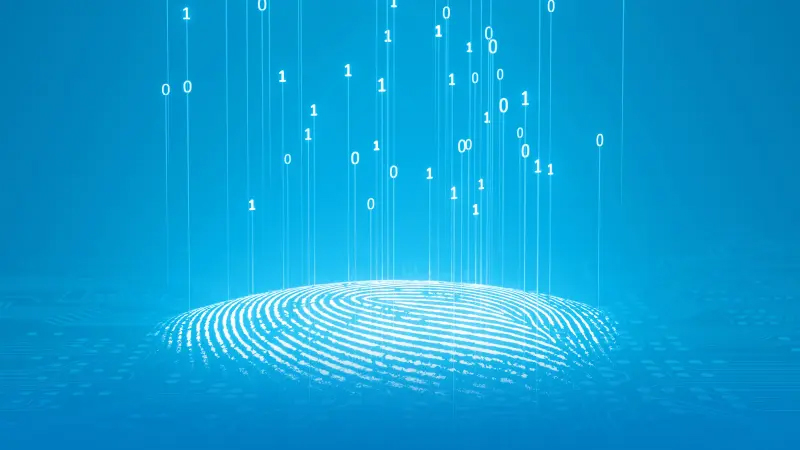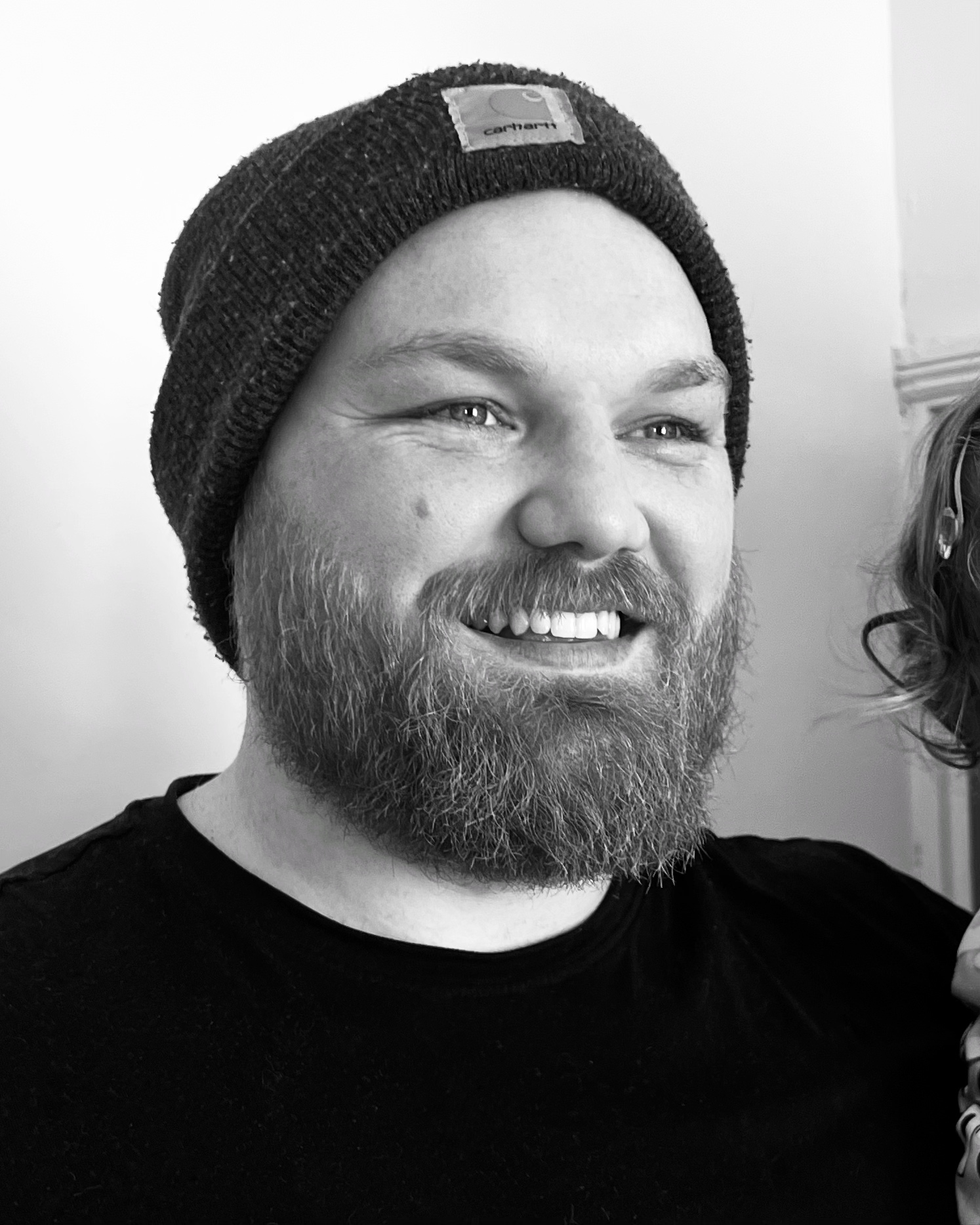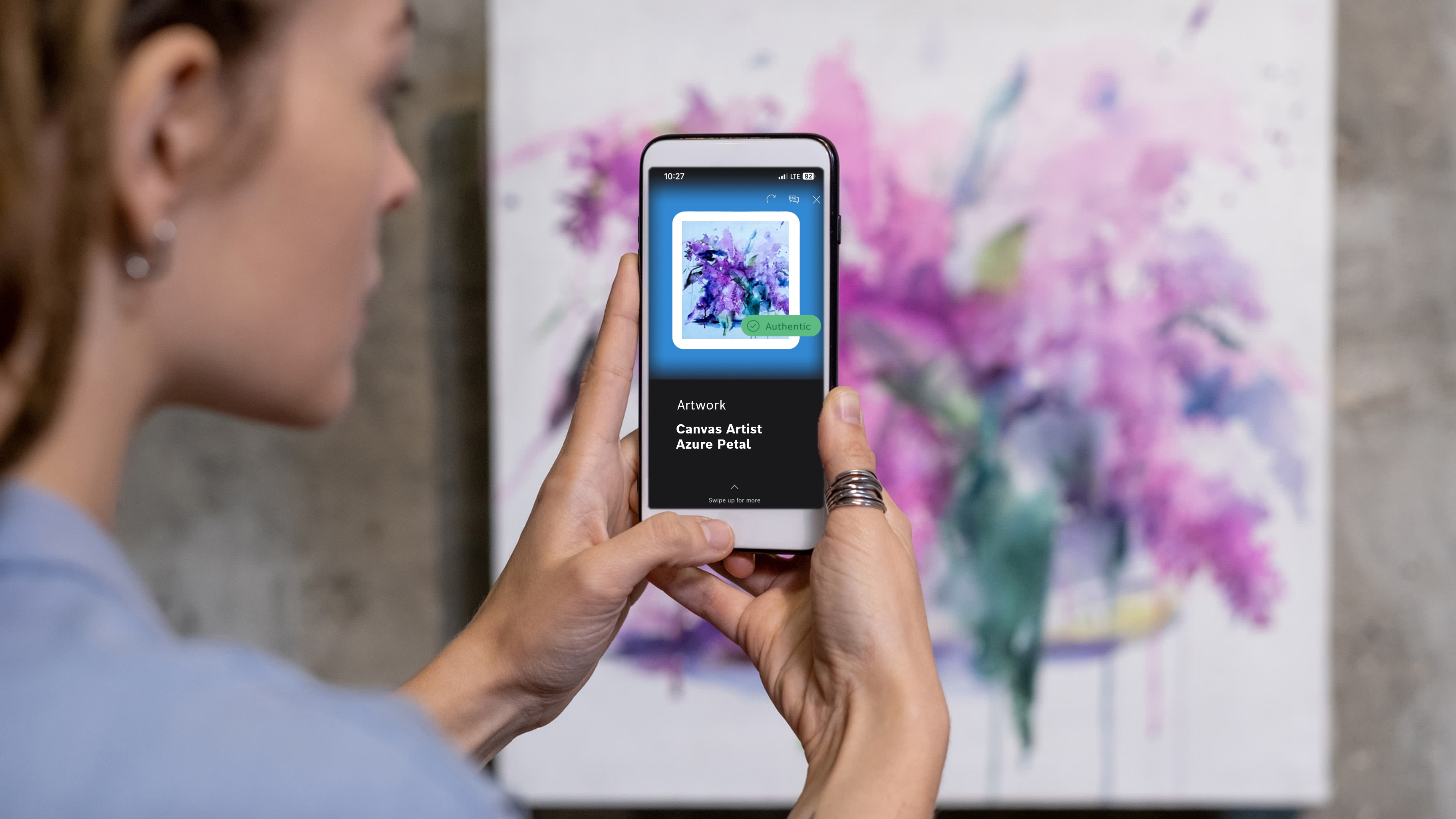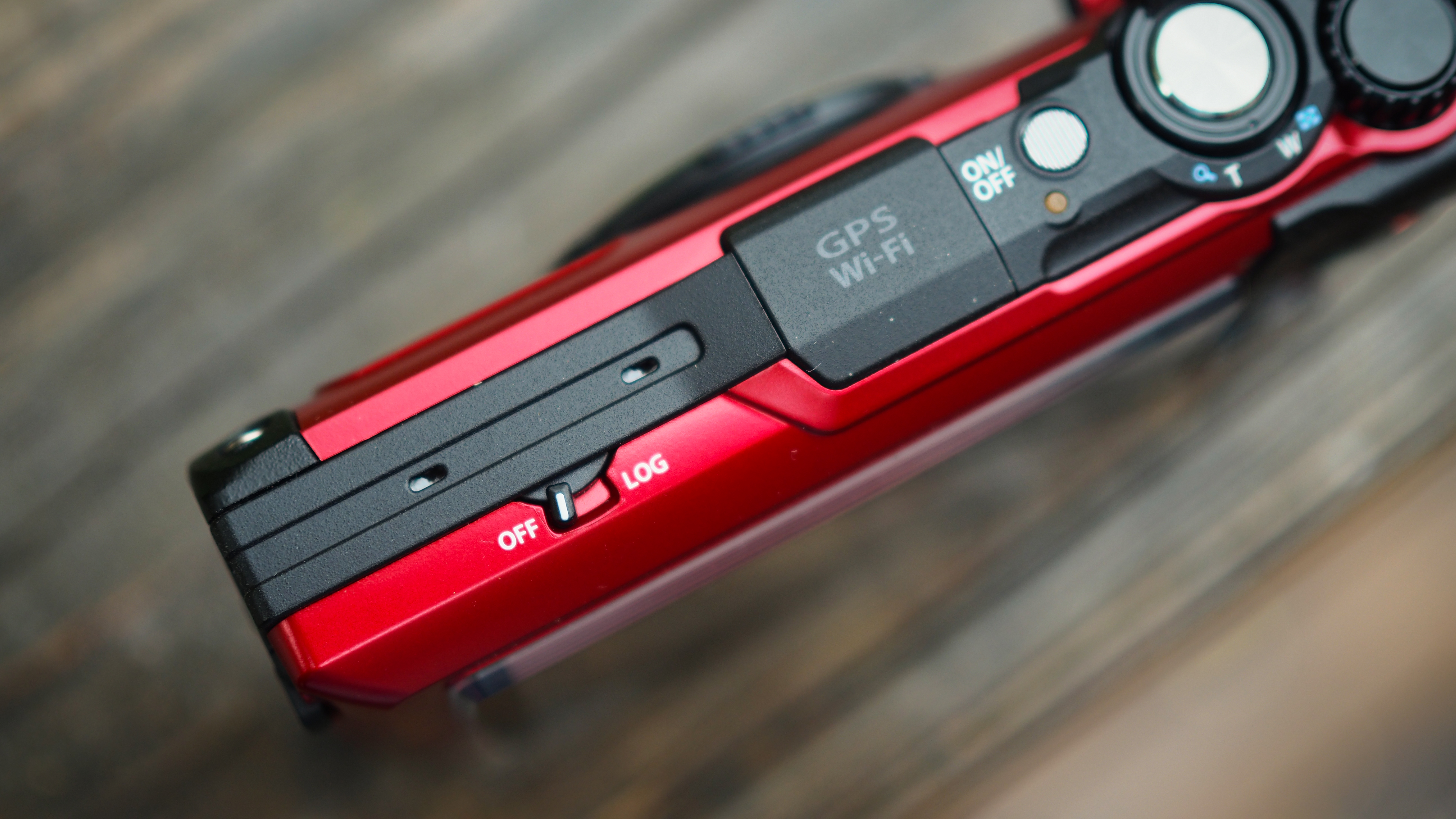Problems with fakes? Bish, bosh, sorted! Origify will create unique digital fingerprints to combat counterfeiting
Bosch launches Origify, a new app aimed at tackling forgeries and counterfeiting by taking highly-detailed unique images

For centuries art and cultural artifacts have been copied and counterfeited, and with the modern age of digital consumer goods, forgery is as prevalent as ever. The international trade of counterfeit goods is valued at around $450 billion per year, which means there is much to be done to reduce its impact.
In a bid to aid with this, the Bosch Group has just launched Origify, a new optical recognition system that gives any physical object a unique fingerprint through a highly- detailed image. As the image would be so detailed, each object's image would be unique, essentially a digital fingerprint. Origify can be used on any physical object, this could be a painting, a designer handbag, the best mirrorless camera, or similar objects/ products often counterfeited.
Using art forgery as an example and one which Bosch has highlighted as an important area, Origify takes a highly detailed photograph of the artwork in a significant area on the piece, for example, the signature. This image would then be analyzed and automatically converted into a binary file and stored in a tamper-proof data cloud. Then through the use of the Origify app via smartphone, authentication can be verified by matching the object through the phone's camera to the data on record. Any physical object can be recorded in this way, and most importantly, the process has no physical effect on the object.
Bosch highlights that the Origify system would have a great benefit to museums and auction houses. These are forgery hotspots and typically rely on expensive equipment and trained professional authenticators to pass the verification of genuine pieces. This often needs multiple stages of verification, numerous times over as they get bought and sold over and over. Orgify would only need one image taken and then the image on that unique object will be logged for easy repetitive verification. Having worked in an art gallery, fake artworks are a widespread occurrence and can cause damage to both seller and customer.
In addition to Origify being used in the art world, consumer goods manufacturers can also benefit. To get the most out of this new security measure, manufacturers must opt-in and photograph the individual products before they reach the market, ensuring authentication. Bosch has identified that this can be implemented as an additional step in production by using a Desk Camera. Although extra work in manufacturing, being able to spot if the product you receive is 100 percent authentic in an instant, may reduce the forgeries of that manufacturer's product. Origify will also enable tracing and inventory listings of products, aiding in business optimization. The second-hand goods market will also be an area where quick verification would be welcomed.
So, what does this mean for everyday people? It means more security and assurance that what you are buying is a genuine object. Once manufacturers jump on board and incorporate systems like Origify by Bosch into their production, it will be easier for consumers to spot knockoffs, which will in turn, with any luck, reduce the counterfeiting market.
Finding security products that you can trust can be hard work, luckily we have taken a lot of that work off your hands with our guides on the best indoor security cameras, the best outdoor security camera, and the best ring camera.
The best camera deals, reviews, product advice, and unmissable photography news, direct to your inbox!

Kalum is a photographer, photo editor, and writer with over a decade of experience in visual storytelling. With a strong focus on photography books, curation, and editing, he blends a deep understanding of both contemporary and historical works.
Alongside his creative projects, Kalum writes about photography and filmmaking, interviewing industry professionals, showcasing emerging talent, and offering in-depth analysis of the art form. His work highlights the power of visual storytelling.

